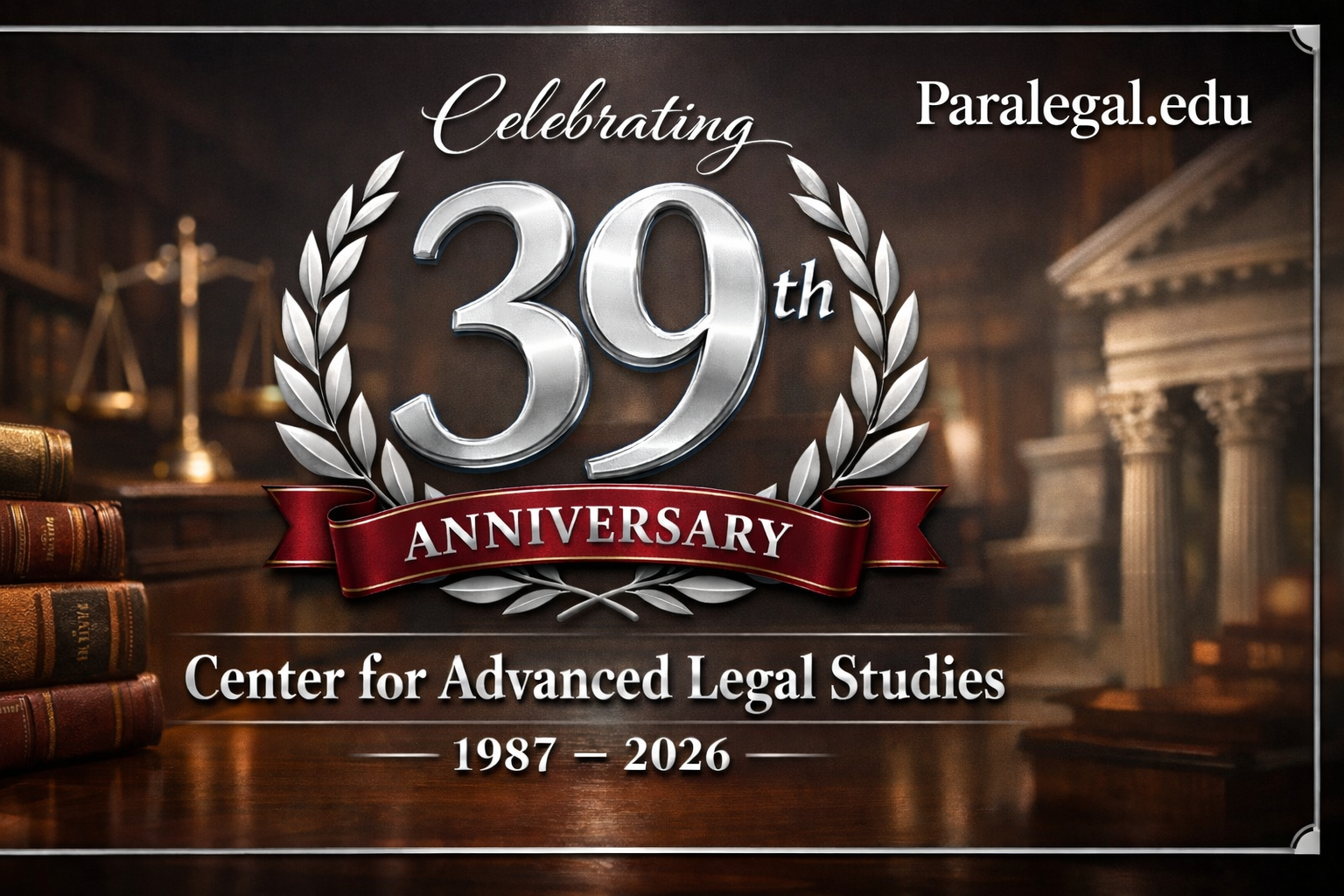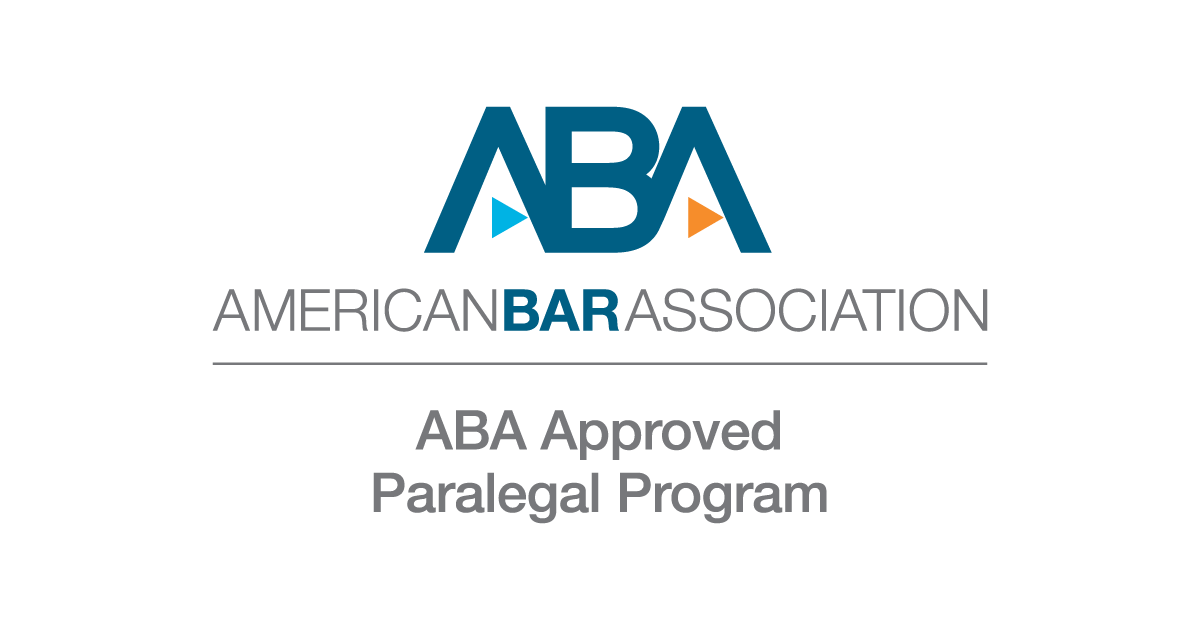In any job search you will be screened, judged and measured against other applicants. Employers want the ideal candidate, the perfect addition, and the right fit. They are sizing you up – looking for standout traits, specific qualities, education, and experience which demonstrate you are capable of performing the duties assigned to a particular role. Seek out any career counseling professional, recruiter for coaching, or conduct an internet search, and you will have unlimited access to countless training resources. They will break down the anatomy of an interview and offer suggestions for what to wear, what to bring, and how to “wow” a potential employer. Everything you need to increase your chances for success and not tank in the process is at your fingertips.
Being prepared for an interview is important. Employers want to know that you are a good match for them and that you will be able to make meaningful contributions. A job offer is unlikely if you have done zero homework on the opportunity, show up late, fail to look the part, or are unable to articulate how your skills and accomplishments could translate to the role.
It is equally important to determine whether a potential employer is a good match for YOU! Every company will have a different organizational structure and personality. Fleshing out the nuts and bolts of a new position requires more than a review of the job description, pay scale, and benefit package.
Use the interview as an opportunity to gauge the potential employer’s ability to meet your needs. The meeting is as much for you as it is for them. Make note of your observations and when given the opportunity for questions, ask the ones that will help you decide whether or not to take the job if it is offered. It is important to get an overall feel for the office culture, the challenges, and the benefits of working for an organization. The interview is a two-way street and you should walk away confident in your ability to fit in and be successful.
5 Key Questions to Ask During an Interview:
- Is the position open due to an internal promotion? What you are trying to glean from this question is whether the company is adding jobs or if the role was recently vacated. If several people have left a position it might indicate volatility. A newly created position can be equally risky, especially if performance expectations are poorly defined, or if the company is unsure about a permanent addition to their team. However, it could also signify company growth and a great opportunity to start or advance your career. Asking this question will usually reveal if there is upward mobility or opportunities to progress within an organization.
 What is your onboarding process? This should not be confused with orientation. What you want to know is if there is a plan to help socialize new employees and assimilate them to company policies and workflow. A deeper dive should give you information on how learning and improvement are supported. Mentorships, job shadowing, cross-departmental training, and professional development can be positive indicators that the organization places emphasis on growing their employees and retaining them long term.
What is your onboarding process? This should not be confused with orientation. What you want to know is if there is a plan to help socialize new employees and assimilate them to company policies and workflow. A deeper dive should give you information on how learning and improvement are supported. Mentorships, job shadowing, cross-departmental training, and professional development can be positive indicators that the organization places emphasis on growing their employees and retaining them long term.- What is the most important thing you would expect me to accomplish in the first 30 days, 60 days, 90 days, 6 months, and/or year? This question is designed to give you information on the exact goals an organization has for a role, expectations which need to be met, and results which need to be delivered. Not only will it give clues as to the workload volume and associated deadlines, but it will also provide some specific insights into what the work-life balance may look like.
- How will I receive feedback regarding my performance during the introductory period and thereafter? Post-hire check ins and evaluations are important. They provide opportunities to review accomplishments, discuss areas where improvement is needed, set goals, and plan future actions. Employers who incorporate staff support, career development, and regular performance discussions demonstrate that they are committed to your professional growth, happiness, and success.
- Would you be able to show me around the office?
Observe the physical environment. Cluttered or dirty areas can be an indicator of company disorganization. Just like a person’s appearance, the appearance of an office makes an important first impression and speaks volumes about its culture and work style. If possible, check out the meeting room, lunchroom, breakroom, and washroom. Are these areas in disarray? Often, there is a negative relationship between messiness and productivity.
Consider the greeting you receive and how employees speak to you and others. Are they open and friendly or rude and abrasive? Is their tone formal or informal? A warm and inviting reception by staff who are encouraged to converse and engage with you is ideal. How they interact with each other is equally important.
Assess employee morale and non-verbal communication. Are employees smiling and communicating or behind closed doors? Do they appear to be on task or completely overwhelmed? Non-verbal cues and body language convey important interpersonal and emotional messages about office dynamics and job satisfaction. If they are negative it can signal unspoken issues and other problems, such as slow business, inadequate staffing, or disengagement.
By asking a few high-level questions and observing your surroundings you can evaluate each potential employer to determine which one is right for you. The job interview is not just an opportunity to talk about yourself and list off your qualifications and qualities and how these make you a perfect fit for a particular role. It is equally important to determine if you will be able to connect to the place where you work, the people you will be working with, and the job you will be asked to do.
Director of Outreach and Career Services
Tami has an extensive and varied professional background that spans criminal justice, paralegal education, and international school marketing and communication. Her career has been guided by a focus on developing strategic partnerships that facilitate school growth and student opportunities. She holds a Bachelor of Science in Degree in Criminal Justice from Texas State University.






